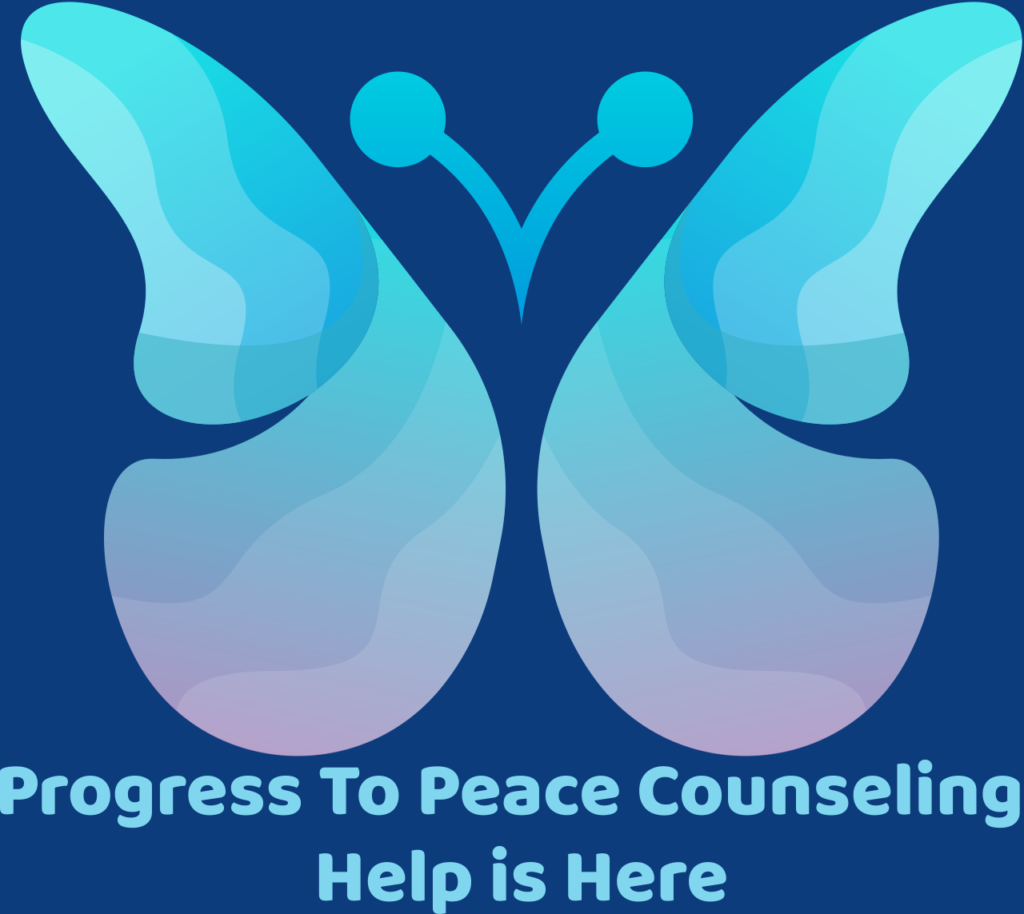
Building Trust in the Therapeutic Relationship
Trust is the foundation of any successful therapy experience. For individuals to fully engage and benefit from therapy, they need to feel safe. Confidentiality is a key element in creating that safety. When you know that your thoughts, feelings, and experiences are protected, it becomes easier to share openly with your therapist. This openness is essential for diving into deeper emotional issues and making meaningful progress. Without the guarantee of privacy, many people might hold back, preventing them from receiving the full benefits of therapy.
Confidentiality Encourages Honest Expression
Therapy is a space where individuals can explore their innermost thoughts, worries, and fears without judgment. When confidentiality is assured, clients feel more comfortable being honest about sensitive issues such as past traumas, relationship problems, or personal struggles. The promise that their disclosures will remain private allows them to express themselves fully and authentically. This honesty is key to uncovering the root causes of issues and working toward healing. Without the assurance of privacy, therapy would lose its effectiveness as people might censor or downplay their true feelings.
Legal and Ethical Boundaries of Confidentiality
Confidentiality in therapy is not just an informal agreement; it is a legal and ethical obligation that all licensed therapists must follow. Laws protect the privacy of individuals seeking therapy, ensuring that what is discussed during sessions remains confidential. There are only a few exceptions to this rule, such as if someone is at risk of harming themselves or others, or in cases of child abuse or neglect. In such rare instances, a therapist is required by law to report these concerns to the appropriate authorities. Outside of these exceptions, your therapist is bound to keep everything you share private, allowing you to seek help with confidence.
Confidentiality Fosters a Sense of Control and Empowerment
In therapy, confidentiality isn’t just about privacy—it’s about giving you control over your personal story. You decide what to share, when to share it, and with whom. This control can be empowering, especially for individuals who have felt vulnerable or powerless in other areas of their lives. Knowing that the details of your therapy sessions remain between you and your therapist allows you to engage in the process on your terms. It helps build a sense of autonomy, where you can discuss personal issues without fear of those details being shared beyond the therapeutic space.
Confidentiality in therapy is essential for creating a trusting, open, and effective environment. It allows individuals to explore their emotions, experiences, and challenges without fear of judgment or exposure. Your privacy truly matters, and it is the cornerstone of a successful therapeutic journey.














